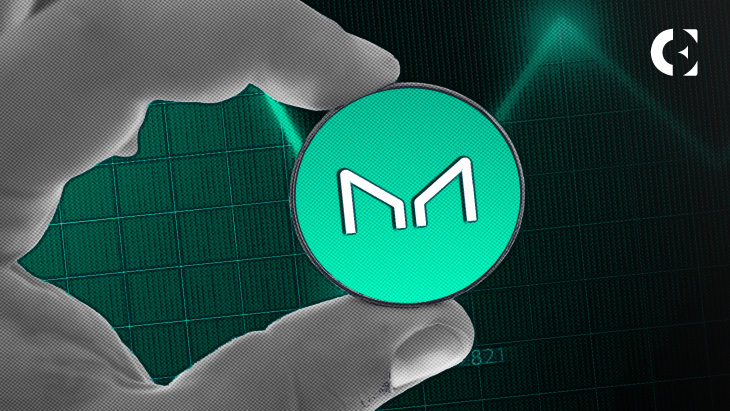- A report by JPMorgan found that Optimism and Arbitrum avoided the impact of the recent attack on Curve Finance.
- JPMorgan analysts stated that the decentralized finance space started shrinking following the hack.
- The Tron ecosystem is reportedly performing well in the aftermath of the Curve exploit.
A recent report by JPMorgan stated that the impact of the recent attack on DeFi protocol Curve Finance was under control and that the threat to the decentralized finance space had been contained. However, the DeFi space is reportedly shrinking, other than exceptions like Tron, Arbitrum, and Optimism, which were found to be performing well in the aftermath of the exploits.
A team of analysts at JPMorgan led by Managing Director Nikolaos Panigirtzoglou stated in a report that the contagion triggered by Curve Finance’s exploits had been contained. However, outstanding loans totaling over $80 million owed by Curve founder Michael Egorov posed a threat to the broader DeFi space, which resulted in the DeFi market’s shrinkage following the hack.
To date, Michael Egorov has raised nearly $30 million by mass selling Curve DAO Tokens (CRV) in an effort to defend the token’s price and prevent it from reaching $0.37, which would trigger the liquidation of a $51 million CRV-backed debt on Aave, among several other multi-million loans.
The JPMorgan analysts noted that the DeFi space’s growth had stalled over the past year following a series of high profile hacks, scandals, and bankruptcies. The latest attack on Curve Finance added fuel to the fire which eroded investors’ confidence in the space and prompted them to pull their funds.
Despite the chaos stemming from the DeFi contagion, a few crypto projects have managed to protect themselves from the shockwaves of the Curve exploit. This includes Justin Sun’s Tron ecosystem and Ethereum Layer-2 scaling solutions Arbitrum and Optimism. “The rise in their TVL could be attributed to them offering faster and cheaper transactions to users, who otherwise were facing network congestion and higher transaction costs in Ethereum,” the analysts stated.
Disclaimer: The information presented in this article is for informational and educational purposes only. The article does not constitute financial advice or advice of any kind. Coin Edition is not responsible for any losses incurred as a result of the utilization of content, products, or services mentioned. Readers are advised to exercise caution before taking any action related to the company.










